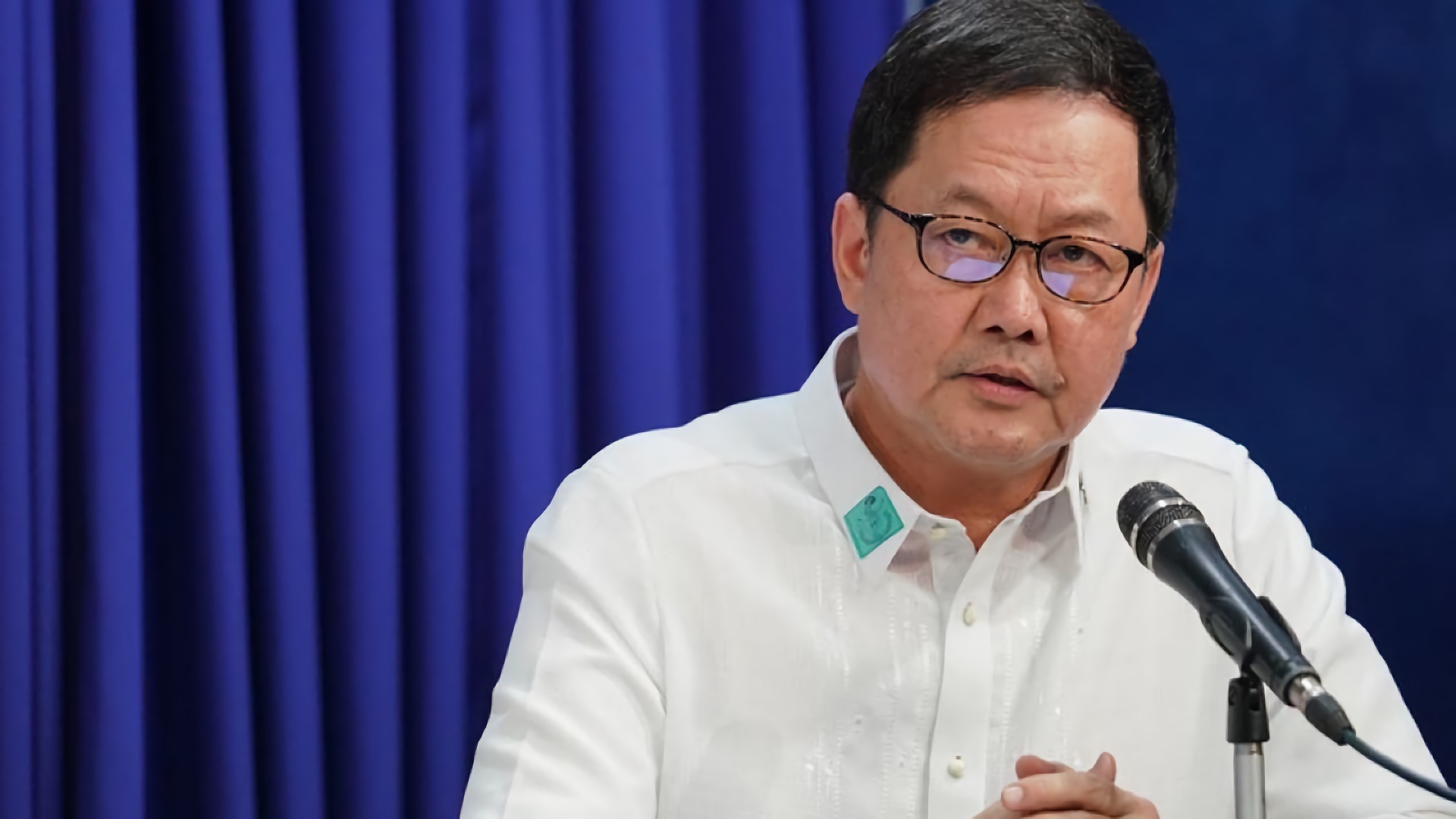
Back in April 2019, the Supreme Court ordered the Solicitor General to release to petitioners, all records of extrajudicial killings related to the government’s war on drugs. It turned down the appeal of the Solicitor General to keep the files with the government for reasons of national security. The petitioners-FLAG and CENTERLAW, should have received the records of at least five thousand cases of killings during police operations. The petitioners have also asked the Supreme Court to declare the war on drugs unconstitutional. The PNP and the Solicitor General eventually sent copies of what CENTERLAW described as “rubbish” documents, mostly unrelated to the drug war.
Earlier on, if the government had fully complied with the Supreme Court’s order, it could have initiated a more credible process to remedy the human rights calamity brought by its drug war. Truthful disclosure of all information and documentation of state sponsored extrajudicial killings, would have been a crucial first step in enforcing the law, it would have indicated the government’s willingness and ability to make the justice system work. Instead the country is now facing a full blown investigation by the International Criminal Court, which the Department of Justice singularly tries to avoid by mounting a measly review of a handful of cases with the permission of the main suspect -- the PNP.
However late and paltry, the DOJ review nevertheless vindicated many claims of the victims’ families, especially the “nanlaban” narrative. But the DOJ is operating under the paradigm of a “few rotten eggs”; it skims over the existing national policy of killings, which continues to be implemented by the PNP to enforce the will of the President. The DOJ is exerting only enough energy to shield the President from criminal liability. This is the reason why the Justice Department continues to exclude the Commission on Human Rights from effective participation in the review, although the CHR had been documenting thousands of cases of summary killings since the Tokhang campaign began. This is also why victims’ families continue to mistrust the process for fear of reprisals.
iDEFEND believes that the removal of Duterte and his minions from power, and the elimination of his brand of leadership may enable an environment where the truth stands a chance. The next administration carries enormous responsibilities toward this end. Abandoning the brutal war on drugs, exacting accountability for its worst crimes, and acknowledging the suffering of the victims and survivors, should signal our country’s best efforts to move in the right direction.
Duterte’s life after Tokhang will be marked by attempts to evade international justice. The DOJ review will fail to shield the President from accountability. Duterte’s legacy of failure is already part of our nation’s history. The people’s vote in the coming elections will spell a new chapter in the struggle for truth, justice and human rights. Let us ensure that it is a chapter that builds towards rights based governance, transparency and accountability for all.





